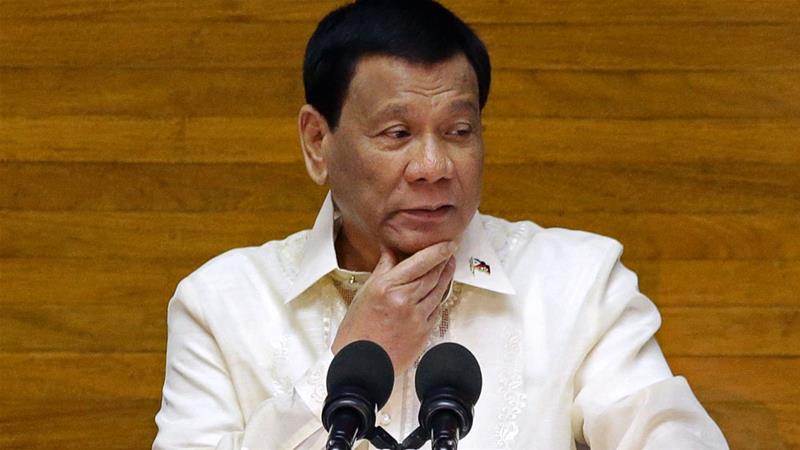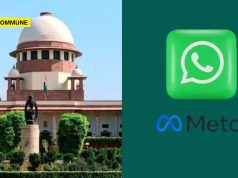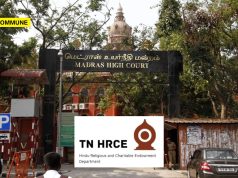
The Philippine President Rodrigo Duterte signed an Anti-Terror Law on 3 July, 2020. Many fear that it could be used against human rights defenders.
Presidential Spokesman Harry Roque said that the President signed the Anti-Terrorism Act after taking into consideration concerns of different groups.
According to this law, suspected terrorists can be subject to detention, arrest, and surveillance for up to 24 days.
Military officials say that the Philippines is under threat of terrorism from Islamic State group-linked Abu Sayyaf militants and hence the law is required.
Before this was the 2007 Human Security Act that fined law enforcers for wrongfully detaining a suspected terrorist.
Many have raised objections about the anti-terror law. Catholic Bishops say that definition of terrorism under the law is so broad it could threaten legitimate dissent and civil liberties.
The Integrated Bar of the Philippines, the largest group of lawyers in the country, and U.N. rights officials are also concerned.
Opponents say they will question the constitutionality of the law in the Supreme Court.
However, the legislation excludes “advocacy, protest, dissent, stoppage of work, industrial or mass action and other similar exercises of civil and political rights,” as terrorism.




